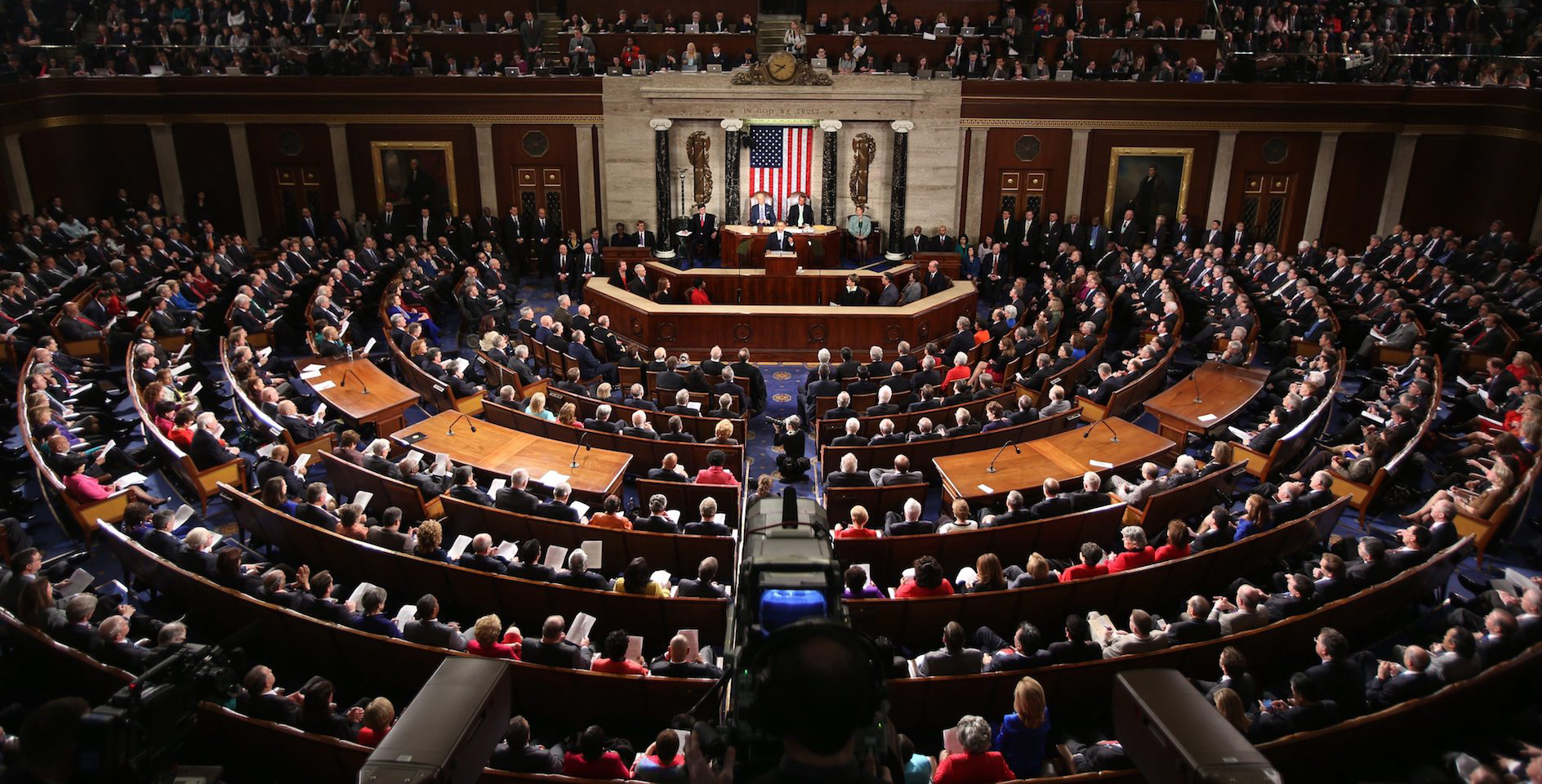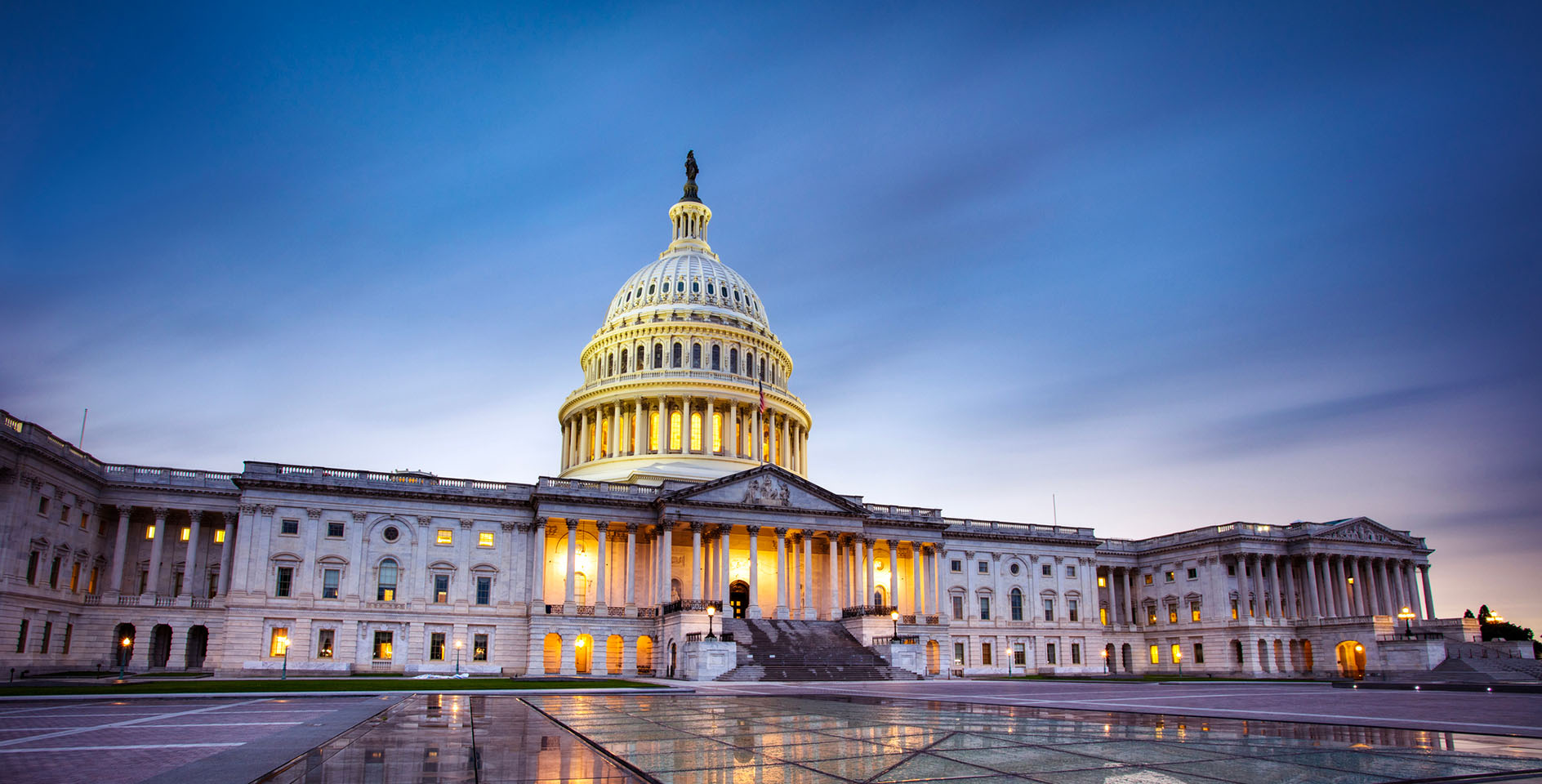The U.S. House of Representatives continued its efforts to protect unborn children Tuesday (Oct. 3), passing a ban on the lethal procedure in the last half of pregnancy.
The House voted 237-189—with only three Democrats in support—for the Pain-capable Unborn Child Protection Act, H.R. 36. The legislation would prohibit abortions on babies 20 weeks or more after fertilization based on scientific evidence that a child in the womb experiences pain by that point in gestation.
President Trump has signaled he would sign the bill if the Senate also approves it. The White House issued a statement of administration policy Oct. 2 saying it "strongly supports" the proposal. Passage by the Senate — faced with a 60-vote requirement to prevent a filibuster — is highly unlikely, however, according to the Southern Baptist Ethics & Religious Liberty Commission (ERLC).
Pro-life leaders applauded the House's latest in a series of successful votes this year in support of protecting unborn babies.
"No nation can call itself just or humane while allowing 20-week-old unborn children to be slaughtered at the hands of a predatory industry," ERLC President Russell Moore told Baptist Press in written comments.
"Our government has much more to do in terms of protecting and valuing life at all stages, but this is a step in the right direction," Moore said.
Carol Tobias, president of the National Right to Life Committee (NRLC), said the bill "would save thousands of unborn babies annually from terribly painful deaths. It is now clear that the overwhelming majority of House Democrats believe that painfully dismembering babies, in the sixth month and later, is just fine — now let them try to explain that to their constituents."
U.S. House passes bill to ban on abortions after 20 weeks.
Rep. Trent Franks, R-Ariz.—the bill's sponsor and a Southern Baptist—said in a Facebook post after the vote, "The primary and overarching purpose of American government is to protect the innocent among us."
Since Trump has shown support for the legislation, Franks said, "It now falls upon [Majority Leader] Mitch McConnell and the U.S. Senate to pass it for his signature. To allow Democrat proponents of abortion-on-demand throughout all nine months of pregnancy to use the arcane 60-vote Senate filibuster to prevent this bill from getting a fair up-or-down vote would be an overt betrayal of innocent blood and the most fundamental failure of leadership."
Sen. James Lankford, R-Okla. — also a Southern Baptist — thanked the House via Twitter for passing the bill and "protecting the unborn." He added, "It's time for the Senate to do the same."
Abortion-rights advocates decried the legislation, criticizing the science it is based on and the timing of the vote after the Las Vegas mass shooting and the ongoing post-hurricane needs in Puerto Rico. Ilyse Hogue, president of NARAL Pro-choice America, said the GOP's "complete disregard to govern in a way that matches the priorities of the American people is staggering."
More than 15,000 abortions are performed each year after 20 weeks, the Centers for Disease Control estimated in a 2008 study. Abortion doctors often use a technique known as dismemberment or "dilation and extraction" abortion from about 14 weeks of pregnancy into the third trimester, according to NRLC. In the method, a doctor uses instruments such as forceps, tongs, clamps or scissors to cut off or rip off parts of an unborn baby or crush the child's body.
The sole Democrats to support the bill were Reps. Henry Cuellar of Texas, Dan Lipinski of Illinois and Collin Peterson of Minnesota. Voting against the legislation were 187 Democrats and two Republicans, Reps. Charles Dent of Pennsylvania and Rodney Frelinghuysen of New Jersey.
The House passed a pain-capable bill in 2015, but the Senate rejected it.
While efforts at the federal level have been unsuccessful, 16 states have enacted pain-capable abortion bans, according to NRLC. They are Alabama, Arkansas, Georgia, Idaho, Kansas, Kentucky, Louisiana, Nebraska, North Dakota, Ohio, Oklahoma, South Carolina, South Dakota, Texas, West Virginia and Wisconsin. The Ninth Circuit Court of Appeals invalidated Idaho's law in 2015.
This year, the House has passed the No Taxpayer Funding for Abortion and Abortion Insurance Full Disclosure Act and health care reform that would slash government money for Planned Parenthood, the country's leading abortion provider. The Senate, however, has failed to vote on the No Taxpayer Funding proposal and fell short of passing a health care measure that would have cut Planned Parenthood funding.
The No Taxpayer Funding for Abortion proposal would standardize the prohibitions that now exist in various U.S. programs, block federal money for abortion coverage under the 2010 health care law and guarantee full disclosure of abortion funding by health insurance plans that are part of the controversial arrangement. The House approved the funding ban in the previous congressional session, but the Senate failed to act on it.
The Senate followed the House's lead early in the year to pass a pro-life measure but only by the smallest margin possible. Vice President Mike Pence, acting in his role as president of the Senate, broke a 50-50 tie in March to reverse an Obama administration regulation that effectively barred states from prohibiting funds for Planned Parenthood and other abortion providers. The House had approved the measure in a 230-188 vote in February. Trump signed the legislation into law.










